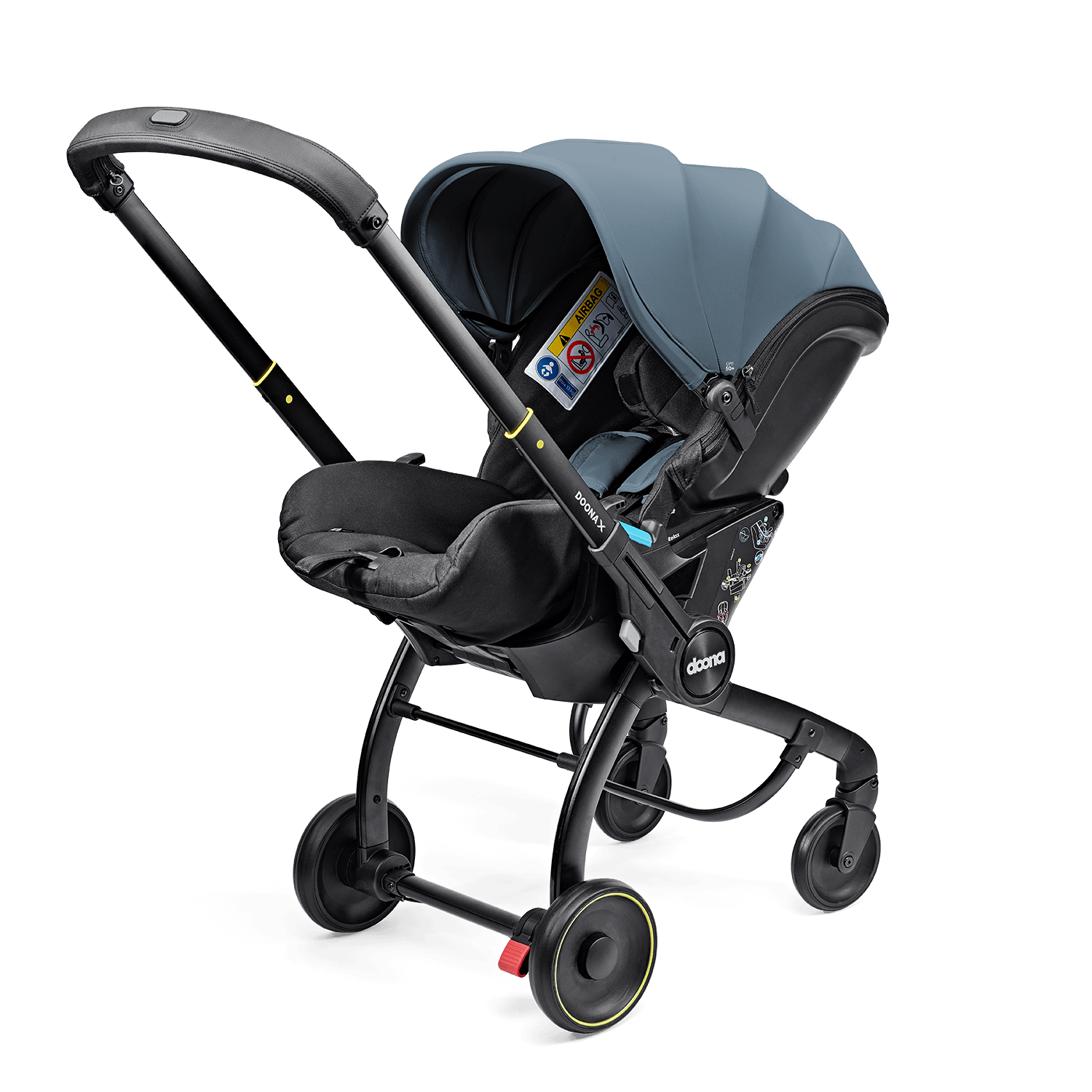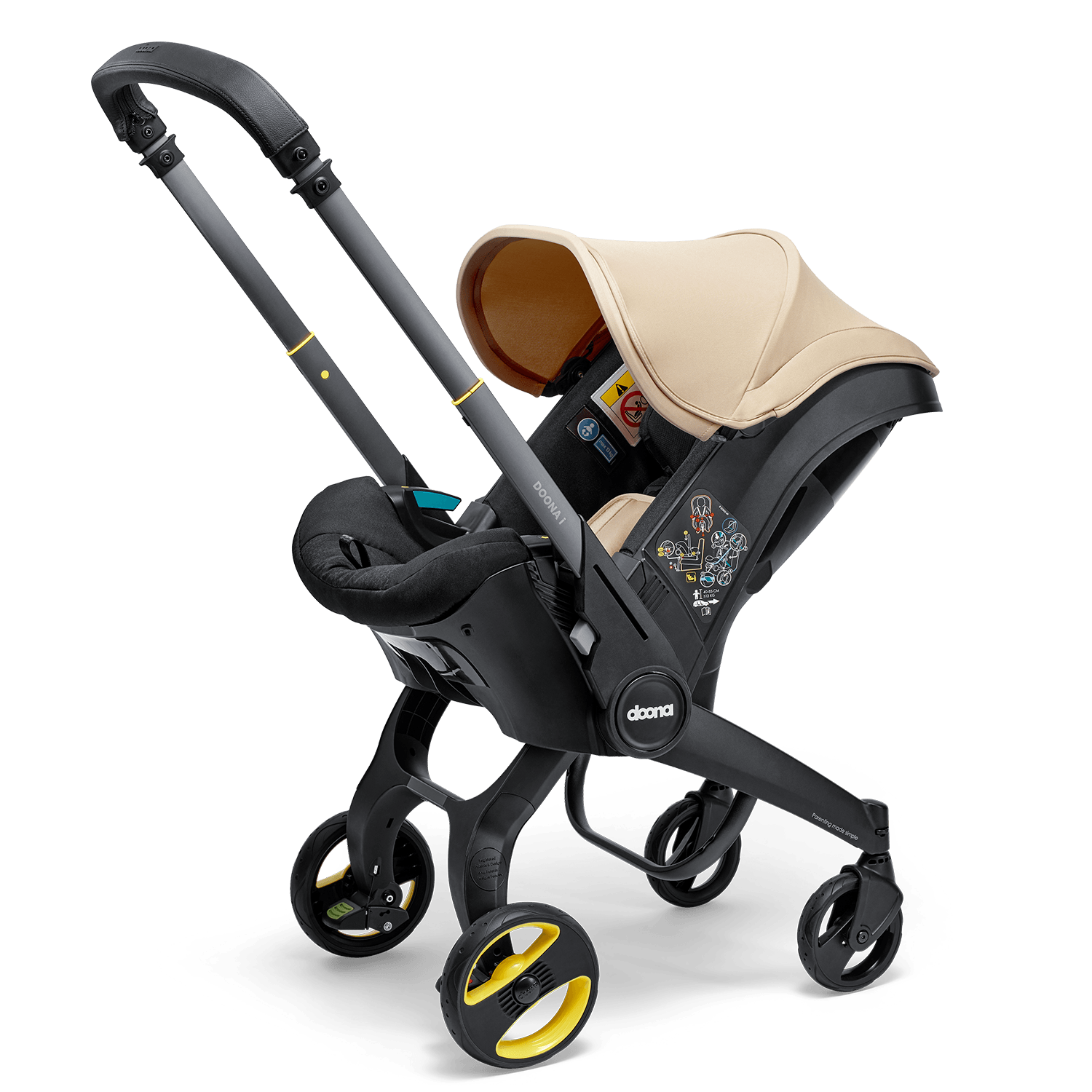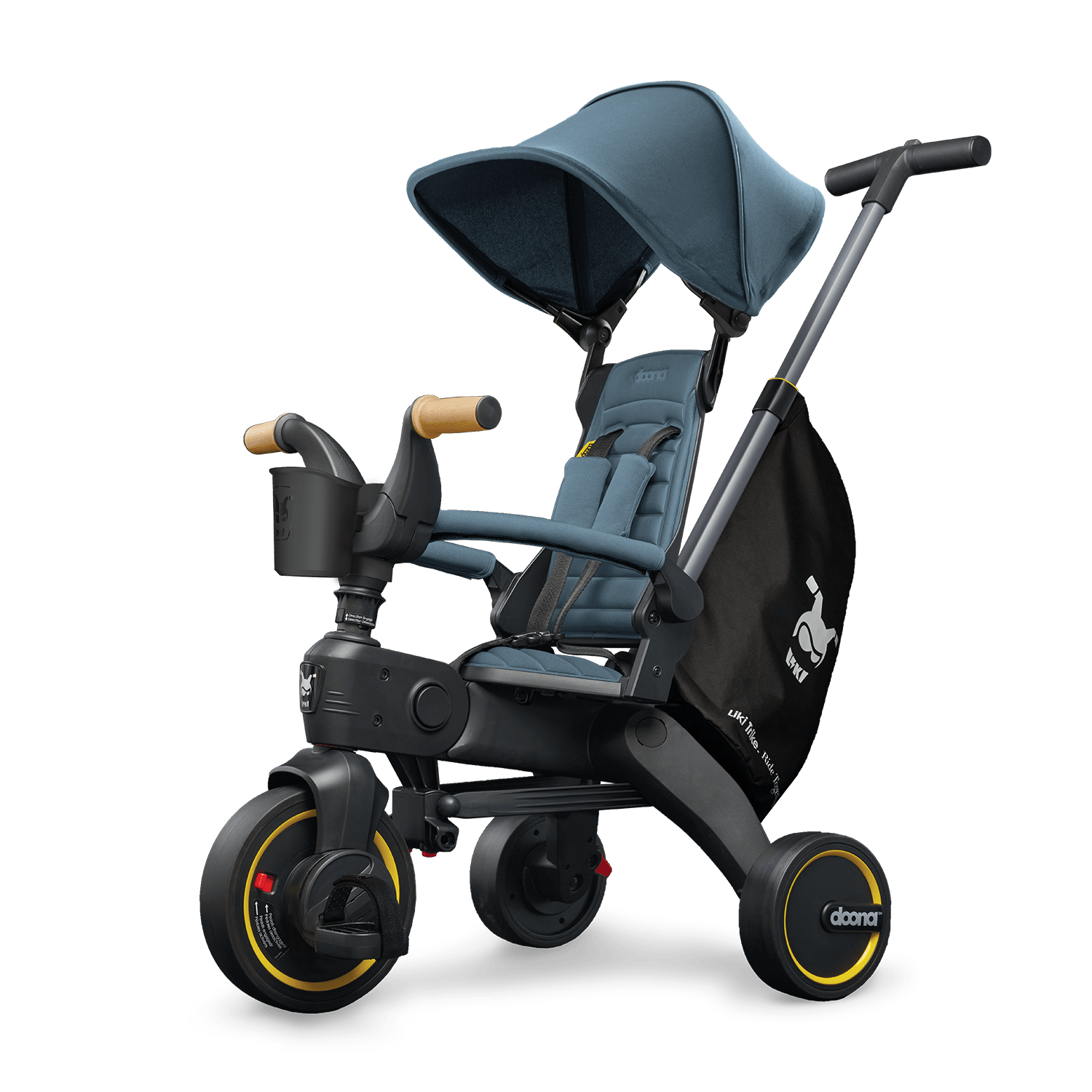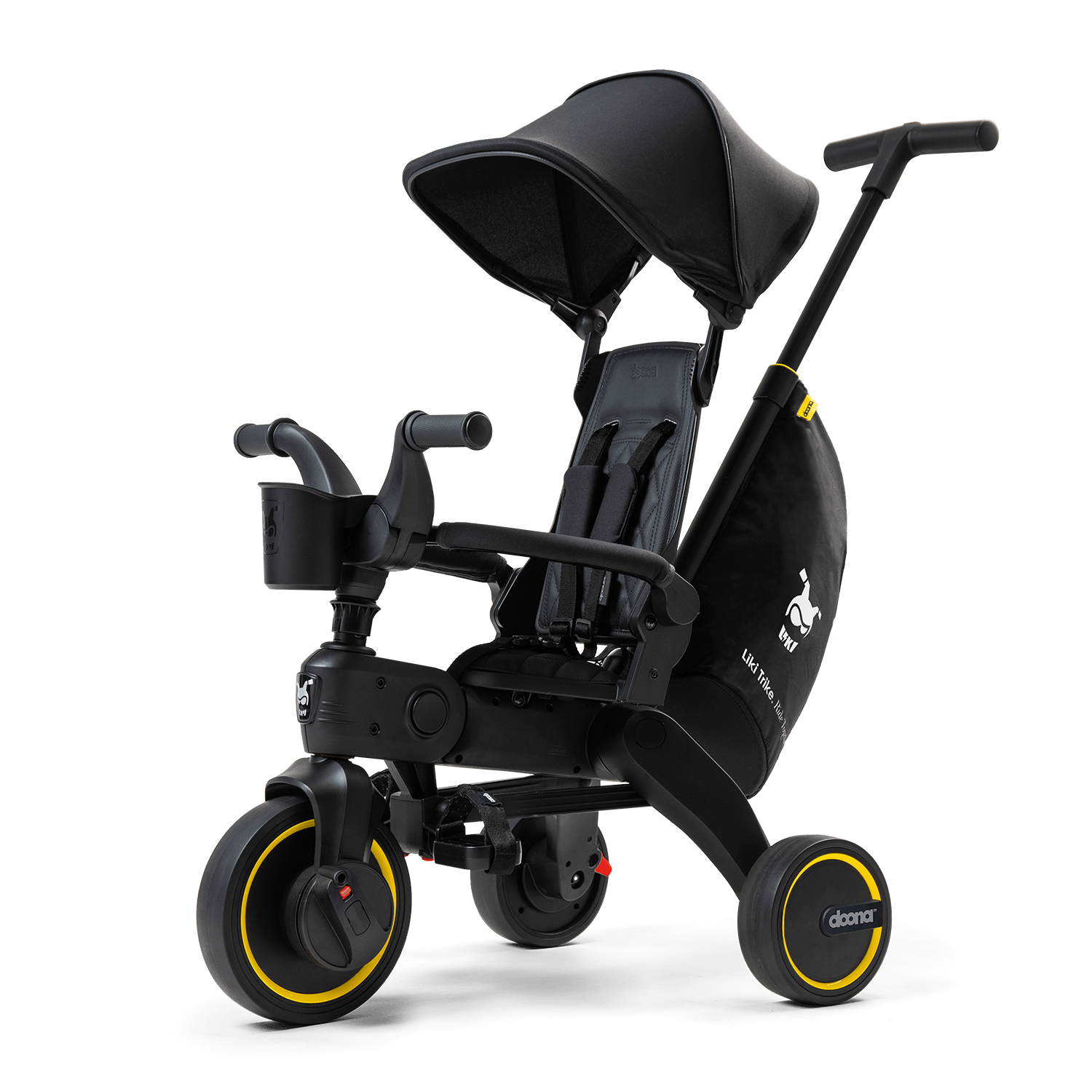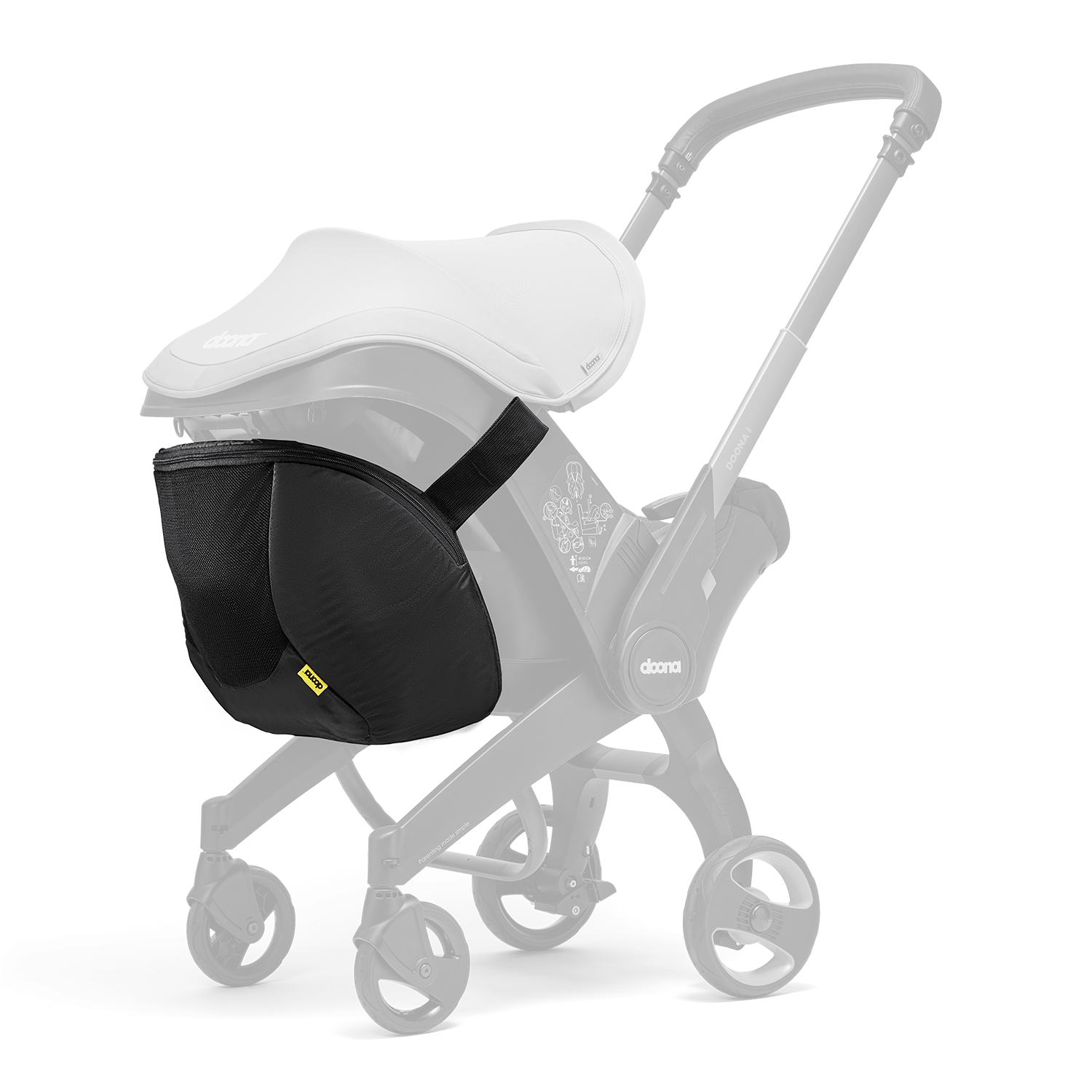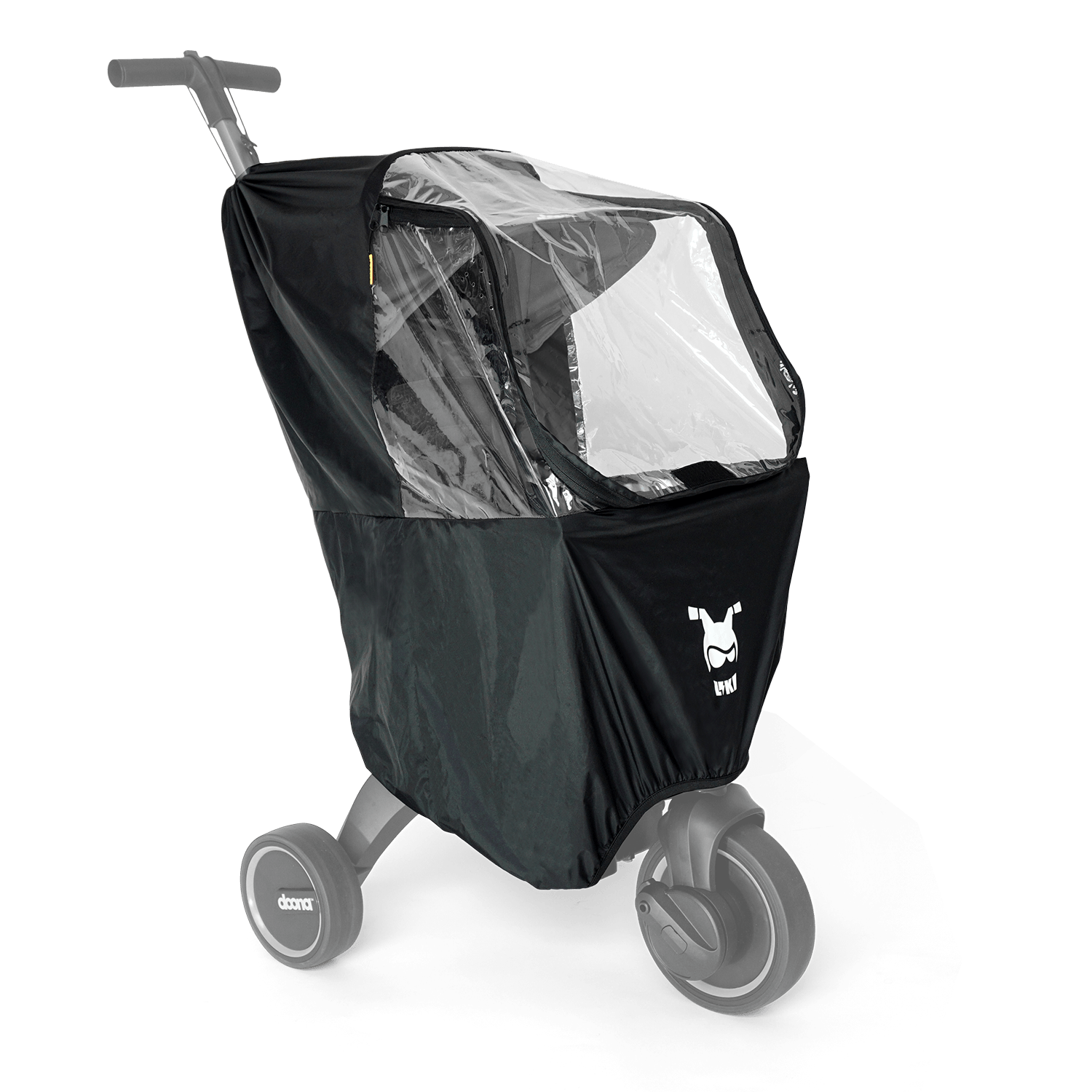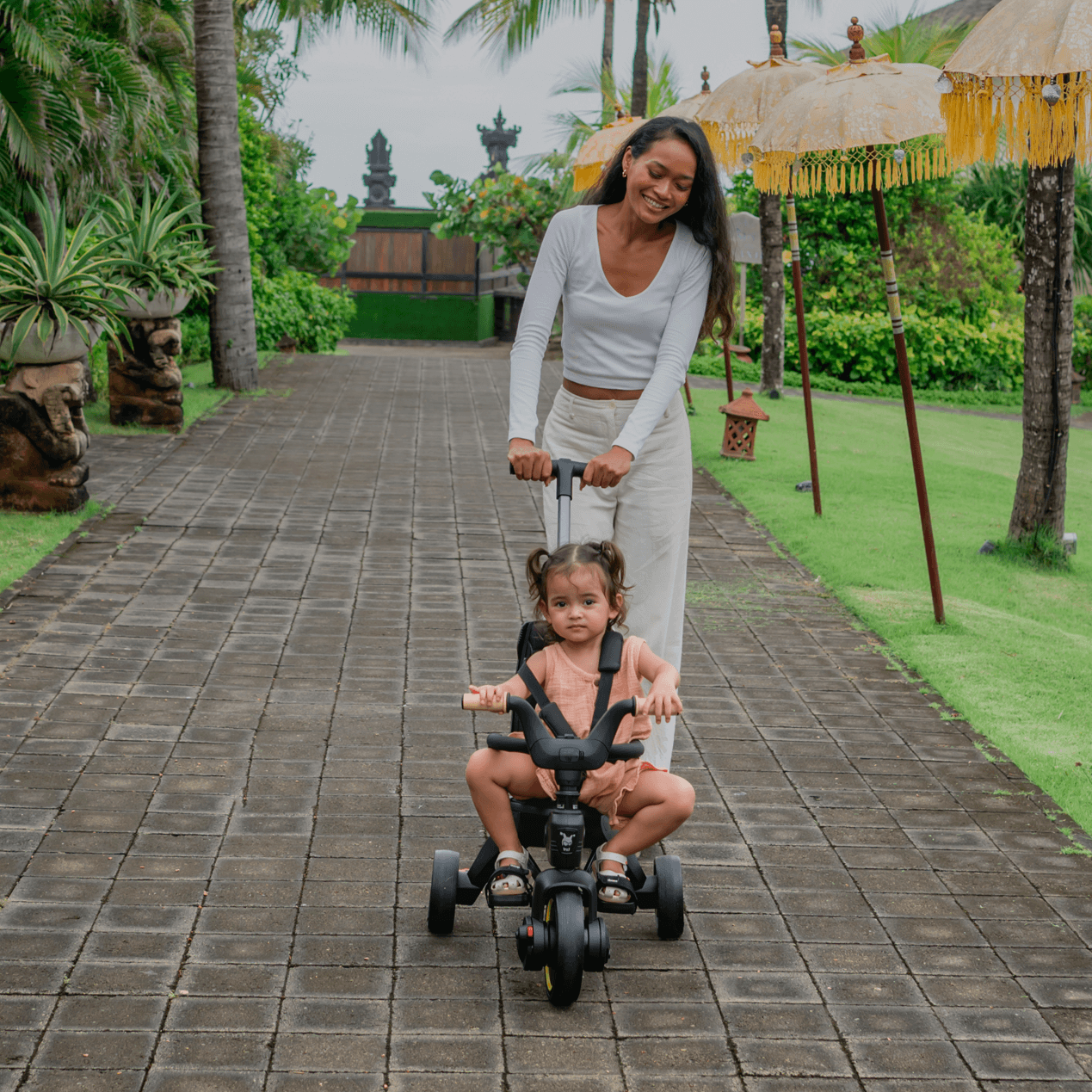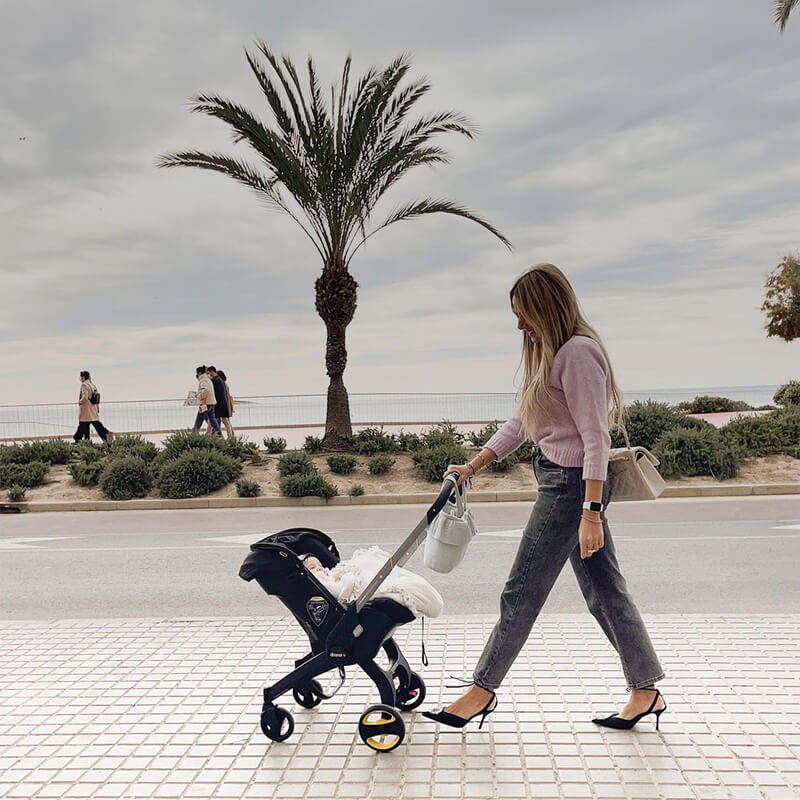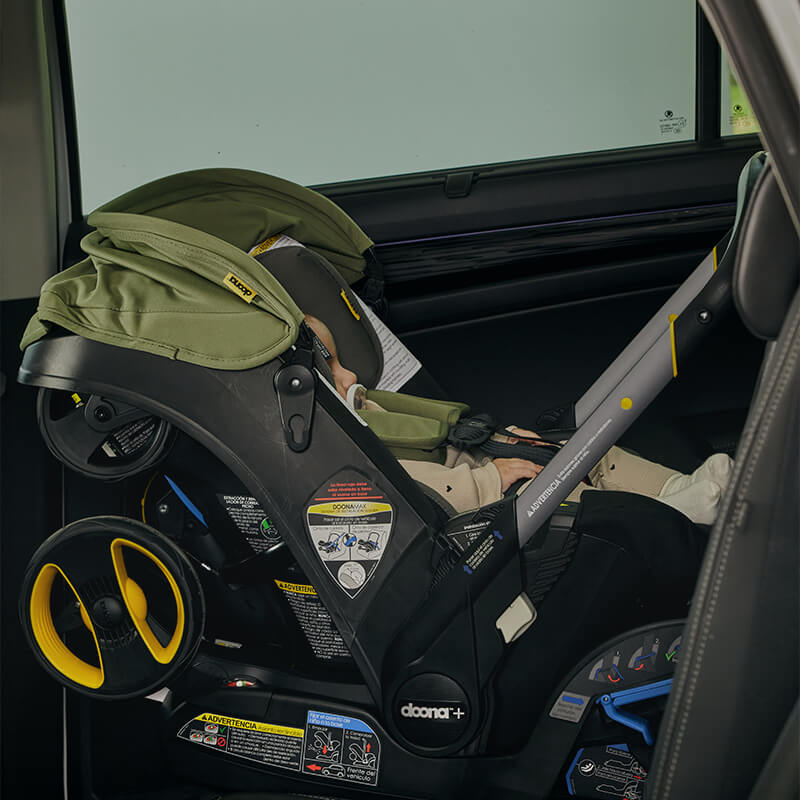Insights on raising emotionally healthy kids with Jamie Robinson
In this month’s Insights Series, we spoke with child development specialist, early childhood educator, and mom of three little ones, Jamie Robinson. Jamie shares how her own experiences as a mom inspired her to create Sprouting Little Learners, an online course helping parents improve their relationship with their kids. The program aims to help you understand your children' s needs better, deal with behavioral challenges, break reactive cycles, and empower you with practical tools for everyday situations. Discover Jamie’s simple, effective strategies to strengthen trust, understanding, and create a deeper bond with your child.
You’re a child development specialist, early childhood educator, and a mom of three - can you share a bit about your personal journey and what inspired you to start supporting parents through Sprouting Little Learners?
Becoming a mom to three little ones under four completely changed the way I looked at child development. I had all the textbooks and degrees, but nothing prepares you for the messy, beautiful reality of parenting in real life. I saw how overwhelming it can feel to know what’s “right,” and how easy it is to slip into old habits or patterns that don’t serve us or our kids. Sprouting Little Learners was born because I wanted to bridge that gap—taking what I know as an educator and mixing it with the real, raw side of motherhood. I wanted to create a space where parents feel supported, not judged, and actually empowered with tools they can use in everyday life.
How have your own challenges as a parent shaped the way you now guide and support other families?
Honestly, my challenges are the reason I can show up for other families the way I do. I’ve lived through the tantrums in the grocery store, the sleepless nights, and the guilt of feeling like I “lost it” with my kids. Those moments humbled me and taught me that perfection isn’t the goal—connection is. I bring that perspective to my work. I don’t just share strategies from a book; I share what I’ve tested in the trenches of my own living room, with toddlers climbing all over me.
You specialize in helping parents break reactive cycles. Can you explain what that means and how those cycles typically show up in everyday parenting?
Reactive cycles are those moments when our kids push a button—like not listening, yelling, or hitting—and we automatically react from a place of stress or frustration. Maybe we yell, shut down, or punish out of habit, and then feel guilty afterward. These cycles usually come from patterns we experienced in our own childhood. Breaking those cycles means pausing, noticing what’s happening in us, and choosing a different response—one that models regulation and connection instead of more chaos. It’s not about being “gentle” all the time, it’s about being intentional.
What are some of your favorite tools or techniques for staying grounded when your child has a tantrum or isn’t listening to you?
First, I remind myself to breathe. It sounds so simple, but taking one deep breath before I respond helps me shift out of fight-or-flight mode. I also use grounding mantras, like, “My child isn’t giving me a hard time, they’re having a hard time.” Another tool I love is lowering my body to their level—physically changing my posture helps me change my energy. And sometimes, honestly, it’s about giving myself permission to step away for a second, so I can respond instead of react.
For parents who feel like they’re just surviving—exhausted and overwhelmed—what advice would you give them during moments of self-doubt?
First, I’d say: you’re not alone. Every parent has those moments where they feel like they’re barely making it. It doesn’t mean you’re failing. I remind myself (and the parents I work with) that children don’t need perfect parents—they need present ones. Even on the hard days, showing up with love, even if it’s messy, is enough. And give yourself permission to rest—sometimes the most “productive” thing we can do is slow down and just be with our kids.
How can parents create consistent boundaries while still practicing gentle, conscious parenting?
Gentle parenting doesn’t mean no boundaries. In fact, boundaries are what make kids feel safe. The key is holding those boundaries with empathy. For example, I can say, “I won’t let you hit,” while still staying calm and offering an outlet for their big feelings. It’s about being firm in what’s non-negotiable, but soft in the way we enforce it. Consistency doesn’t have to mean harsh—it just means predictable.
What are a few important facts about toddlers and their development you think all parents should know?
Toddlers aren’t giving you a hard time; they’re learning. Their brains are still under construction—especially the part that controls impulse and regulation. Tantrums are normal and healthy, not a sign something is “wrong.” Play is their primary way of learning, so when we join them in play, we’re building their brains. And one of my favorites: connection is the biggest predictor of positive behavior. When kids feel seen and safe, everything else falls into place more easily.
If you could give one piece of encouragement to a new parent who’s just beginning this journey, what would it be?
Give yourself grace. You don’t have to know it all, and you don’t have to get it right every time. Your baby doesn’t need a perfect parent—they need you. Trust that the love you have for your child is enough to guide you, and lean into connection over perfection. You’re doing better than you think.
Jamie Robinson is a child development specialist, educator and mother of three. She founded Sprouting Little Learners, a research-backed parenting program to help parents everywhere find connection, reduce stress, and gain practical skills dealing with behavioral challenges. You can stay connected with Jamie through her Instagram handle @sprouting.little.learners or her website, sproutinglittlelearners.com.
At Doona, we’re committed to making parenting simple for every family. That's why we’ve created our innovative and revolutionary Doona Car Seat and Stroller, transforming from car seat to a stroller in seconds; and Liki Trike, the most compact folding toddler trike on the market that grows alongside your toddler from 10-36 months.
